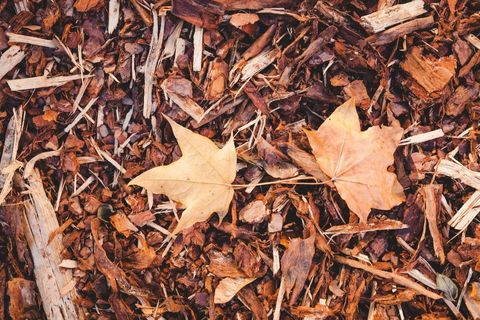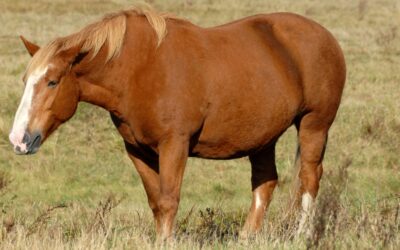
After a summer of gardening, many of us are ready for the reprieve that winter brings. However, before you head inside and bundle up by the fire, it is important to properly winterize your garden in the fall. A large part of winterizing your garden is thoroughly mulching it to prepare for the spring growing season. Keep reading to learn a few of the essential reasons to mulch your garden each fall.
Enrich the Soil
During the summer months, growing plants can deplete many nutrients in the soil. Mulching the soil before the first snowfall provides your garden beds with dry matter that will break down over the winter months, releasing nitrogen and minerals. It will also protect the earthworms from hard frost, and these worms are valuable resources in your garden that nourish the soil biome.
Reduce Weeds
A layer of mulch will discourage the weeds from growing in the spring. This is because the airborne seeds will be much less likely to reach the soil, while the weeds in the soil will not be able to get adequate sunlight. Mulching your garden is one of the best ways to prevent weeds from growing—year-round! You can save a lot of time in the spring if you properly mulch in the fall.
Prevent Soil Erosion
Heavy rains and whipping winds can quickly erode the topsoil. You can help to prevent erosion by utilizing a 2–4” layer of hay and straw mulch products over the soil, especially on sloping land or an area with large amounts of water flow. Take the time to protect your valuable topsoil before the snow falls (and before the spring thaw!).
Protect Roots
During the harsh winter temperatures, even hardy perennial plants can become too cold to thrive. Mulch provides a layer of insulation that will help to safeguard the roots from extreme temperatures and ensure that they grow next season. This is especially important for cold-weather crops, such as garlic, and perennial fruit plants, like strawberries.
There are so many reasons to properly mulch your gardens this fall. Not only will you have heather soil and healthier plants in the spring, but you will also have less work to do prior to your spring planting.




